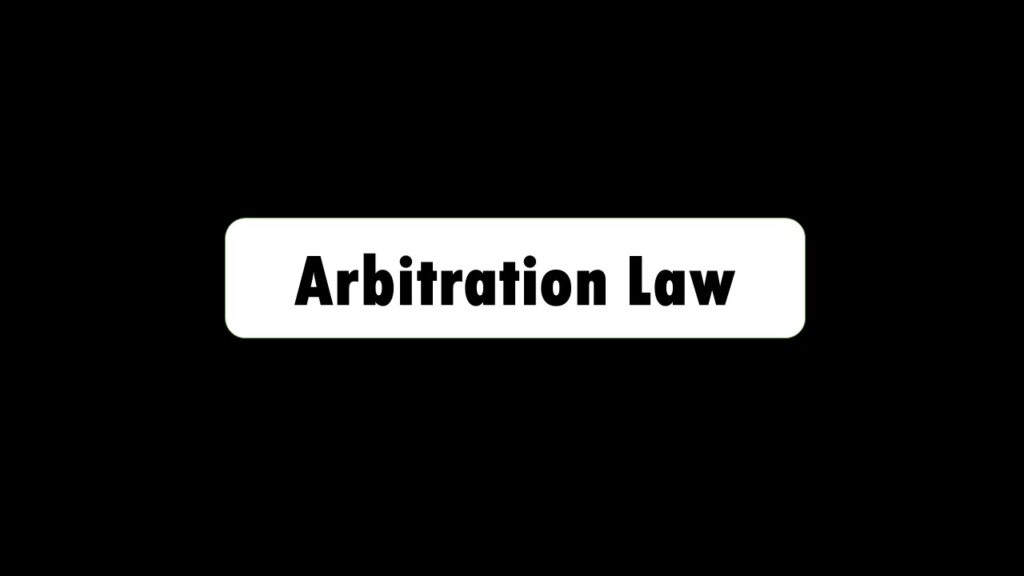Inder Singh Rekhi v. Delhi Development Authority [(1988) 2 SCC 338]: Supreme Court of India
Dispute or difference is a pre-requisite for reference of a dispute to arbitration. Dispute entails a positive element and assertion in denying, not merely inaction.
4. Therefore, in order to be entitled to order of
reference under section 20, it is necessary that there should be an arbitration
agreement and secondly, difference must arise to which this agreement applied.
In this case, there is no dispute that there was an arbitration agreement.
There has been an assertion of claim by the appellant and silence as well as
refusal in respect of the same by respondent. Therefore, a dispute has arisen
regarding non-payment of the alleged dues of the appellant. The question is for
the present case when did such dispute arise. The High Court proceeded on the
basis that the work was completed in 1980 and, therefore, the appellant became
entitled to the payment from that date and the cause of action under article
137 arose from that date. But in order to be entitled to ask for a reference
under section 20 of the Act there must not only be an entitlement to money but
there must be a difference or dispute must arise. It is true that on completion
of the work a right to get payment would normally arise but where the final
bills as in this case have not been prepared as appears from the record and
when the assertion of the claim was made on 28th February, 1983 and there was
non-payment, the cause of action arose from that date, that is to say, 28th of
February, 1983. It is also true that a party cannot postpone the accrual of
cause of action by writing reminders or sending reminders but where the bill
had not been finally prepared, the claim made by a claimant is the accrual of
the cause of action. A dispute arises where there is a claim and a denial and
repudiation of the claim. The existence of dispute is essential for appointment
of an arbitrator under section 8 or a reference under section 20 of the Act.
See Law of Arbitration by R.S. Bachawat, 1st Edition, page 354. There should be
dispute and there can only be a dispute when a claim is asserted by one party
and denied by the other on whatever grounds. Mere failure or inaction to pay
does not lead to the inference of the existence of dispute. Dispute entails a
positive element and assertion in denying, not merely inaction to accede to a
claim or a request. Whether in a particular case a dispute has arisen or not
has to be found out from the facts and circumstances of the case.
